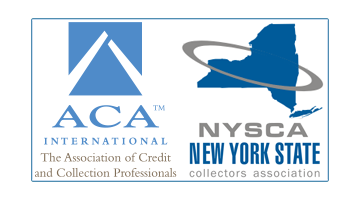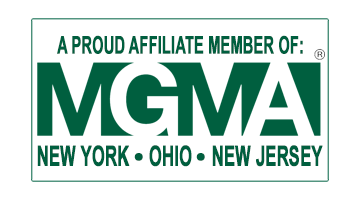If you’ve been living in a bunker for the last year or so – and it’s entirely possible you have! – you may not have noticed the litany of new rules and regulations that have been thrust upon third-party collection agencies, not to mention the ever-evolving state rules and consumer-oriented notices that have coalesced around the collections industry as a whole, in particular regarding the means and methods by which we communicate with consumers.

It’s probably time to dip your toes into the regulatory waters to make sure your third-party agencies are staying on the right side of the moment and representing your organization compliantly as we continue to navigate the consumer-centric world of a post-COVID economy.
Here are a handful of requirements that you and your chosen agencies should be aware of and working towards compliance with:
- CFPB New Rules for Debt Collectors (amending Regulation F which implements the FDCPA) – Weighing in at over 1,000 pages between both documents (released in October and December of 2020) the full scope of these new rules is still being digested by a somewhat overwhelmed industry and will not be enforceable until later this year. With this in mind, all agencies should be starting the process of implementing these rules into their operations in conjunction with their clients as 2021 gets rolling along. Some of the most important aspects of these rules include the expansion of communications options to include digital channels like email and text messaging that will require the explicit permission (i.e. “opt-in”) by consumers to receive information in this manner. The work begins now for organizations to start gathering these permissions and addresses from their customers and patients (if they had not already started this process). Additional clarifications include communication frequency; the information included in, as well as the overall look of, validation notices; limited content messaging (i.e. voicemails); the use of new technology (i.e. email, chat, and text messaging); cybersecurity; misrepresentations; debtor lists; credit reporting; location information communications (i.e. employment verification); the difference between attempts to communication and actual communications; and much, much more.
- NYC DCA Language Access Rules for Debt Collectors – Piggybacking off of a 2011 executive order for state agencies, the New York City Department of Consumer Affairs issued new rules requiring agencies to notify consumers of any language options they offer, provide a link to a glossary of terms compiled by DCA, and poll their consumers for their preferred language (whether they can provide service in their preferred language or not). In addition to New York City’s requirement, the CFPB offered guidance to financial institutions regarding limited English proficiency (LEP) programs and communicating with non-English speaking consumers. Ultimately, it appears that language preference and functioning knowledge of LEP programs available to consumers will slowly become a standard practice for financial institutions, if not all organizations, that work directly with consumers. Obtaining language preference from consumers will become as ubiquitous as asking for a phone number or mailing address.
- State-Specific Requirements – Many states have their own polices in place mandating the inclusion of certain advisory statements and notices in letters sent in an attempt to collect a debt from a consumer, as well as specific guidance on additional forms of communication like calling hours and communication frequency. These can vary by state, type of debt being collected, and who this debt is being collected from. Required language and policies can vary for student loans, mortgages, medical bills, and may even be specific to the type of medical bill being collected. In a highly connected and well-traveled world (well at least until Spring of 2020!), it’s entirely possible for an organization that serves mostly local consumers or patients, that they will inevitably be sending a bill hundreds of miles away and across state lines. Be sure that your third-party agency has policies in place to not only legally collect those debts on your behalf (with a proper license and/or out-of-state exemption) but also acting in compliance with that state’s specific rules and requirements).
- State-Enacted Pandemic Measures & States of Emergency – Many states during the crisis enacted measures, mostly through executive orders, that prevented certain types of collections to be enforced. In some states, Louisiana in particular, a flurry of natural disasters activated dormant policies and procedures that were designed for, and included in, their statewide disaster plans. For Louisiana, this sometimes included the suspension of any calls to consumers in order to keep teleservices open to first responders for disaster response and mitigation. The theme here is that any agency needs to be instantly reflexive to these measures as they happen. Only a nimble and cognizant agency can react quickly enough to abide by these emergency orders and get back to business-as-usual the moment they end.
Next up on the docket is the Supreme Court’s decision on an incredibly important case, Facebook Inc. v. Duguid, which should forever put to bed the definition of an automated telephone dialing system (ATDS) and how it applies to consumers and subsequently, collections. Stay tuned!
For more helpful topics, sign up for our monthly e-newsletter, "Simon's Says" by clicking this link (or filling out the form on this page):








